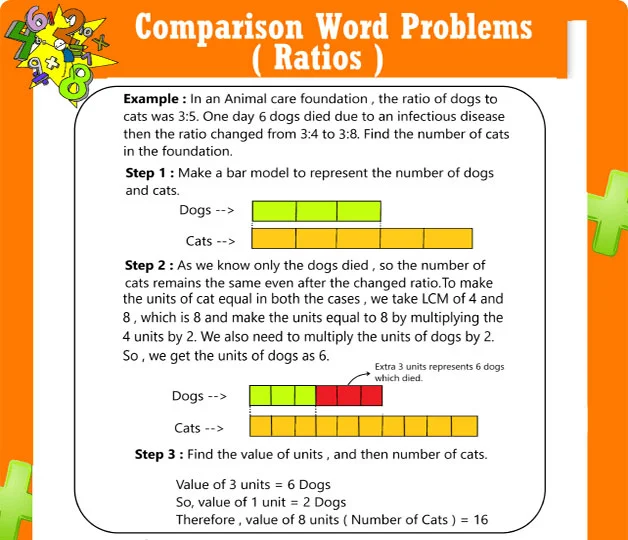Online After-School Programs

One stop solution for overall development of kids
- Maths
- English
- Logical Reasoning
- Creativity
- Brainpower

Do you feel?




Your child is weak in studies

Your child is very sharp, how to upgrade to the next level?

Your child has no or less interest in studies

Your child prepared well, but still got fewer marks
"Going beyond school work, we take full responsibility for your child’s overall development"

Benefits of our personalized programs
- Identify root cause of your child’s needs
- Ensure complete conceptual understanding
- 6 months exclusive sessions coverage blueprint
- Kids learn at their own pace

Know Our Programs
We aim to provide quality education to our lovely kids. We don't burden kids or parents in the name of learning. We truly shape their personality, exercise their brains, and build academic strength!

With over 30+ years of experience we take pride in our curriculum that is
- Dynamic and Global
- Aligned with syllabus across countries
- Designed for all round development - Maths, English, Logical reasoning, Creativity, Brain Gym, Personality Grooming


Important Features of our LIVE sessions
- Active participation of kids driving them to think
- Motivate kids to solve problems themselves
- Energy match with kids to keep them involved
- Develop crucial 21st century skills
We have flexible monthly enrollment plans to fulfil the exact needs of the students.

You can choose :
Our Milestones based Programs
Foundation Strengthening Program
Build a deep understanding of every concept with interactive activities to ensure that your child matches with peers. Let’s transform learning into an enjoyable adventure for your child.
Enrichment Programs /Advancing to next level
“Let your child grow beyond your imagination. Giving wings to kids”
Competitive Exams Preparation
“We are not a usual test preparation company where kids just keep practicing exam questions blindly all the time in the name of preparation. We truly make them Any Competitions Ready”
Some well-known tests
The CogAT assesses a student’s verbal, quantitative, and non-verbal reasoning abilities, helping gauge their learning potential. This widely used tool is commonly administered to students from K-12.
The National Assessment Program – Literacy and Numeracy (NAPLAN) is an annual assessment conducted in Australia for students in Years 3, 5, 7 and 9. It assesses students’ skills in literacy and numeracy through a series of standardized tests.
The 11+ is an entrance examination administered in some countries, including the United Kingdom, for students seeking admission to selective secondary schools. It is typically taken by students in their final year of primary school, around the age of 10 or 11.
The STAAR (State of Texas Assessments of Academic Readiness) test papers are standardized assessments administered to students in Texas to measure their academic proficiency and readiness for the next grade level.
The SAT (Scholastic Assessment Test) is a standardized exam widely used for college admissions in the United States. It assesses students’ readiness for college-level work and measures their knowledge and skills in reading, writing…
What our happy parents have to say


Frequently asked questions

You can click the “Book free trial” button on our website, and fill the enquiry form. Post this, we will contact you to have a profound discussion about your child, and a free trial is conducted on the time and date of your convenience. After a successful trial, we share the enrollment details.
Decades of experience has led to a range of broad, balanced and comprehensive curriculum that meets the educational needs of every child and the world standards. Be it be early years, US Core, Indian, British or IB, we cover all.
Our classes are designed to be affordable and fully customized to meet the specific needs of your child. The pricing is determined by various factors such as the number of sessions per week, payment frequency, and the current level of your child. After conducting an assessment and discussing with the parents, we can provide more accurate details on the pricing structure.


















